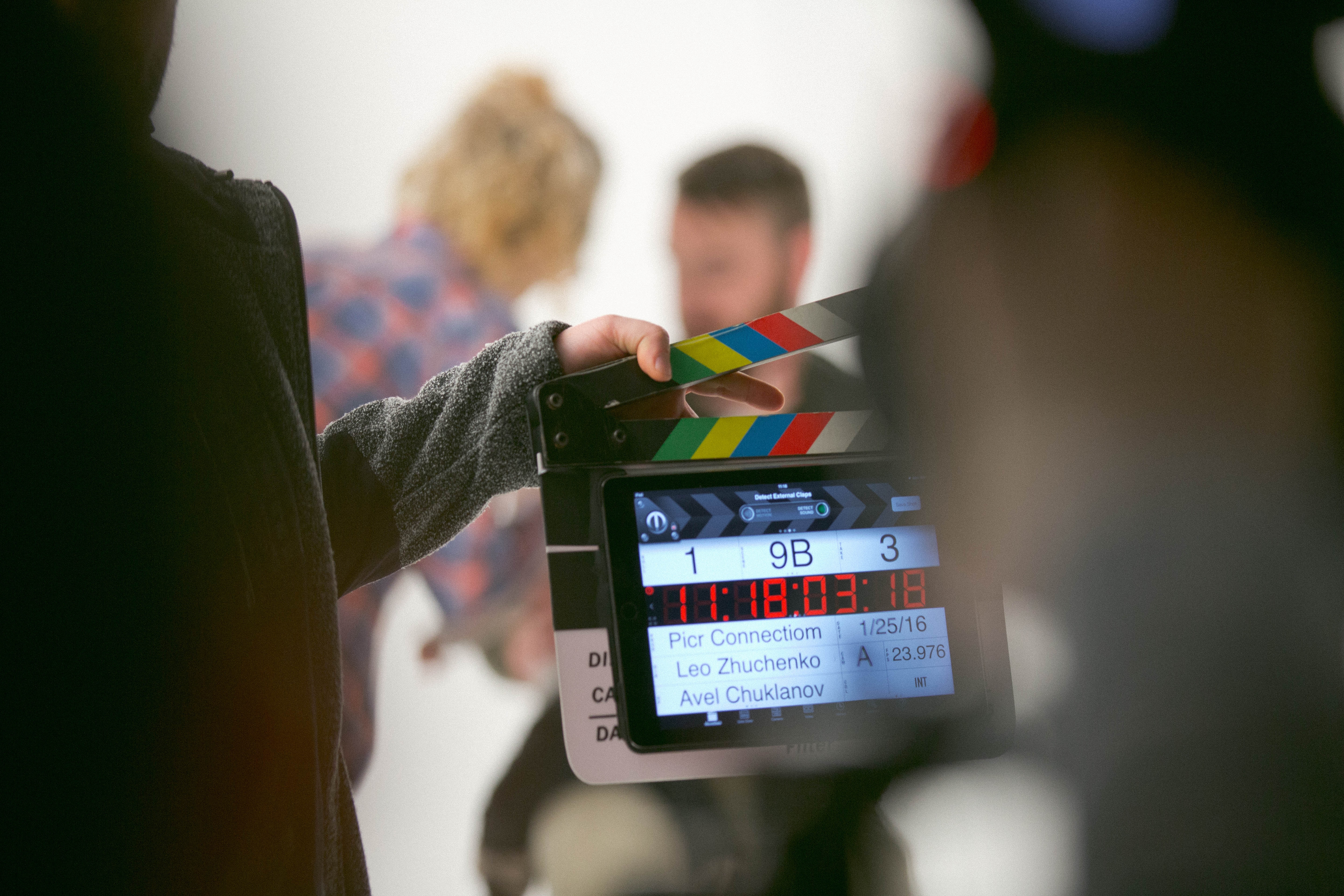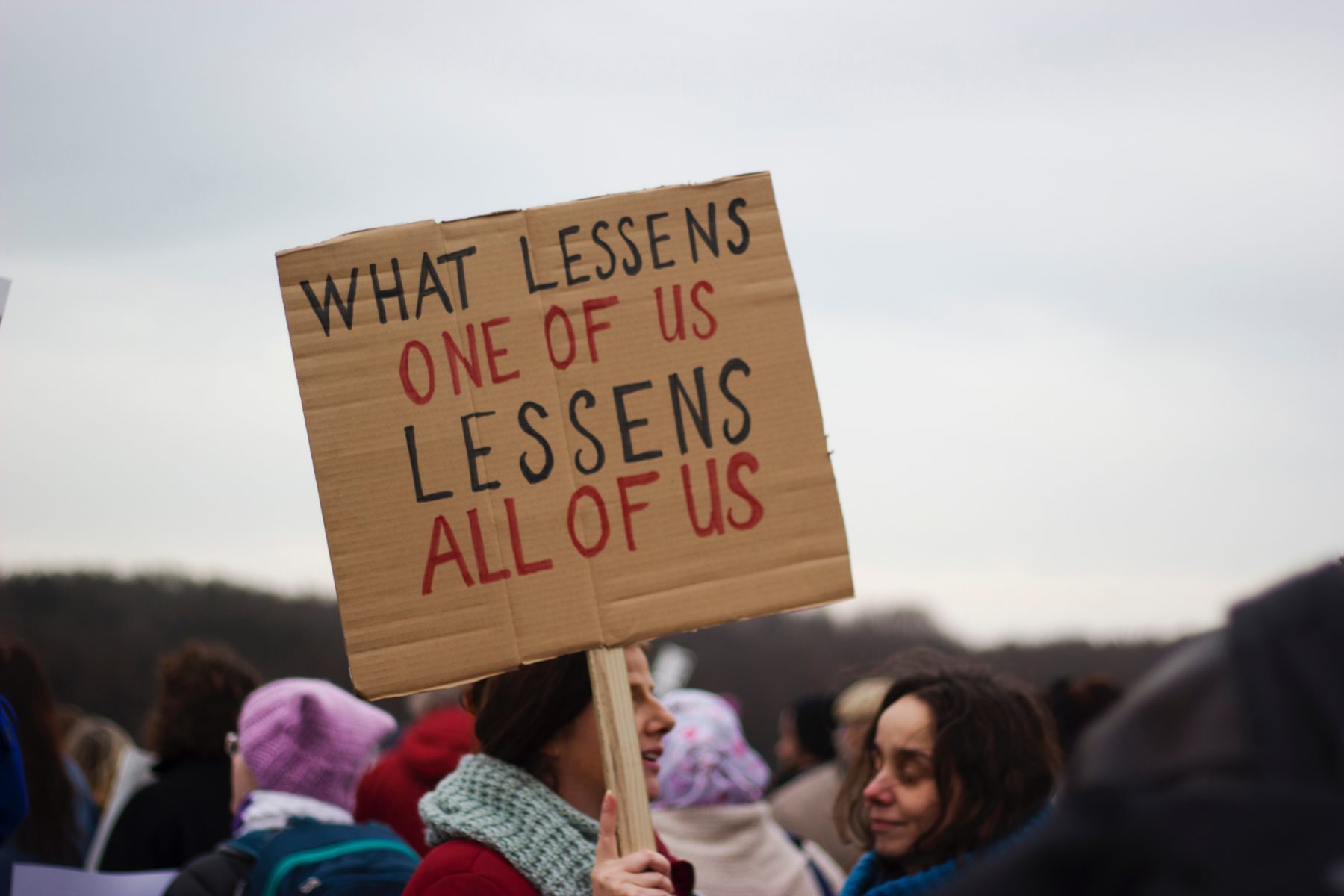There is a gender divide in the film and TV industry, as is the case for many workplaces. Dr Amanda Coles is working to change it for the better.
We learn about ourselves through cinema. The stories that we see on screen tell us how we should feel about each other.
But when certain voices are excluded, this form of storytelling suffers.
The rocket ship to leadership

Dr Amanda Coles from Deakin University’s Business School has studied the gender profile of the workforce in the Canadian film and TV industry.
When her first study was published in 2013, through the Canadian Unions for Equality on Screen, there had previously been no comprehensive analysis in this area, especially the way that genders of key leadership members within the industry affect how the stories told through screens large and small are chosen.
Dr Coles’ findings showed that the film and TV workforce is similar to many other workforces.
“Technical roles are highly dominated by men, and feminised labour, such as hair, makeup and wardrobe, tend to be female-dominated,” she says.
Less overtly-gendered areas of employment, such as set decoration, appeared to be of a mixed gender profile, mirroring that of the general population.
At least, they seemed that way on the surface.
“When we looked at those occupations, we saw that they tended to be male-dominated as you rose through the ranks,” Dr Coles says.
In 2016, Dr Coles examined the experience of directing in the film and TV industry, through The Directors Guild of Canada, and investigated how these experiences are shaped by the gender of the director.
A significant finding from this particular study was that training and professional development did not appear to meaningfully impact a director’s career progression.

Rather, their success was determined, in part, by their gender.
“We call this the rocket ship to leadership,” Dr Coles says.
“Men travel through career pipelines at a much greater volume, and at much higher speeds, than their female counterparts.
“We also found there are many career pathways into the director’s chair, from across the whole production ecology. In each of those areas, men tend to get ushered through at much higher rates.”
Statistically, men are more likely to be officially recognised for their career accomplishments by being nominated for, and winning, awards.
But does this simply mean that men are the best directors and tell the best stories?
Dr Coles says this isn’t the case.
Success in the film and TV industry is partially due to the complexity of a person’s career networks. Men are much more likely to have connections in the industry than women.
“One of the key problems in this industry is that it’s all project-based work,” she says.
“You have ephemeral employers and freelanced labour markets, marked by a high degree of informality. This is a reputation-based economy, and men accrue higher capital in those kinds of economies.”
Nothing about us without us
Ultimately, people who have the most power in the upper echelons of the industry impact which stories are told on screen, and under what conditions.
For Dr Coles, the gender disparity in the film and TV industry is about more than just employment equity.
It’s about global identities, too.

“Our stories are how we understand each other,” she says.
“How we tell stories shapes and reflects the world in which we live. Lots of public money goes into screen-based storytelling around the globe. But which public and whose interests are being met with the spending of this money?”
Much of Dr Coles’ research has focussed on legislative and policy frameworks, as well as the Canadian spending programs that support the film and TV sector.
In June 2019, she received the ‘Please Adjust Your Set Award’ from the Vancouver chapter of Women in Film and Television.
The award recognises the work of a person who has made a major contribution to gender equity in film, television and screen-based industries.
“My research has had a role to play with key policy and funding and regulatory agencies, and we’re now seeing much more focussed attention being paid to the gender dimensions of the storytelling universe,” she says.
“If it’s public dollars being spent in the public interests, we can go back to the legislation for those agencies and say that they’re not meeting their mandate, or that they have to consider intersectional gender equality.”
Dr Coles teaches creative industries within Deakin’s Business School and says it’s difficult to study or work in that field without discussing equity inclusion and representation.
“If you aren’t having that discussion, you are not on top of what’s happening,” she says.
But sometimes, industries can be oblivious to this important information.
Dr Coles says that, a lot of the time, industry is often too busy doing what it does best, be that making policies or making films, to have these conversations.
Often, they don’t have the opportunity, or the time, to take a bird’s eye view to assess which voices are being excluded.
Dr Coles hopes that recommendations from her research will help to provide a more inclusive screen industry.
“I’m of a really strong belief that it’s nothing about us without us,” she says.
“Policy and regulatory funding bodies need to go to communities who are being excluded and offer to co-create solutions together so that everyone feels like they’re having a voice.
“From there, we can create a good governance structure that is, in its very conceptualisation, built on the principles of inclusion.”
The power to unite and exclude
Dr Coles’ field of research is very much a matter of social justice, one that she hopes will improve in time.
“One day, I would love to have my research agenda on inclusion and representation be irrelevant,” she says.

“What drives my passion for this is that it’s most fundamental. This is about our public spheres and the right to be seen and heard in our social landscape.”
And this right to speak bleeds into the real landscape, rather than the fictional one.
President Trump tells particular stories about particular groups of people. The Brexit situation arises from a narrative of ‘us versus them’, and who belongs in each category.
This further emphasises the importance of having a range of voices and perspectives included in the screen industry.
“If this is how we learn about the world and each other, let’s be inclusive in the stories that we’re telling, and that means stories that reflect multiple realities.
“We really need an inclusive storytelling world that reflects the richness of the world in which we live,” Dr Coles says.
“Stories can inspire, and unite, and motivate. But they can also exclude, and marginalise, and dispossess.”



